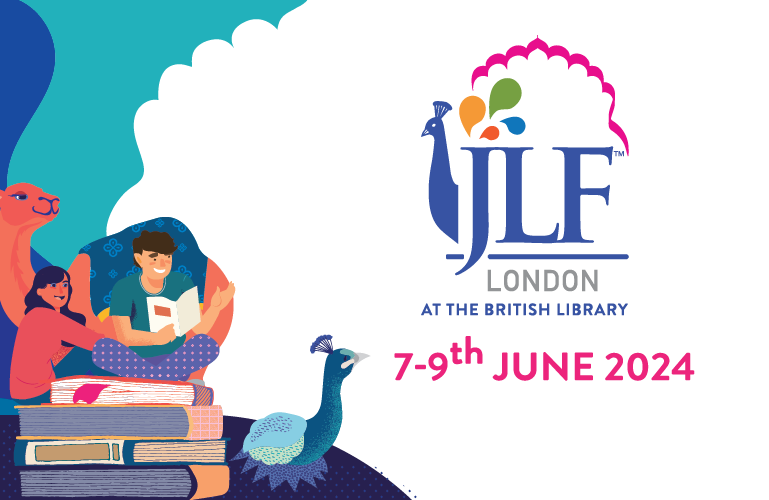

Behind the Beautiful Forevers
Katherine Boo in conversation with Bee Rowlatt
Presented by Aga Khan Foundation
By Anusha Ali, Official ZEE JLF At The British Library Blogger
Katherine Boo, renowned investigative journalist, Pulitzer laureate and writer, discussed her latest book, Behind the Beautiful Forevers.
Boo explained that investigative journalism is the pursuit of stories that reveal something about the institutions in which people are embedded. Boo revealed that in her work, she attempted to show readers what she saw daily in her work; to show such individuals in a complete sense. In particular, she said, the way in which women were written about, their lack of agency, had motivated her to give accounts of women in their complexity.
Her novel charts the dramatic story of families striving towards a better life in Annawadi, a makeshift settlement near the Mumbai airport: “the hope is the intellectual capacity, the imaginative force of individuals in communities that most outsiders think of as the dehumanized masses”. Boo referred to the work of foreign agencies, such as microfinance groups, which only seek to validate their own agendas rather than listen to the people they are supposed to be serving. People in those communities realise how stigmatised and stereotyped they are, and this dehumanisation becomes internalised, hurting their children’s chances to rise out of this poverty. But despite this, “there is great wisdom in these communities” that shouldn’t be discounted, she said.
Boo explained that there was so little stability in these communities, that the constant entrepreneurship it required was exhausting. Many men were broken by the time they were 35: “many who did garbage work, their lungs were destroyed”. The younger population, by necessity, were the ones who were working.
Boo believes there is virtue in telling these stories in the form of a novel, because when people die in her book, they’re not characters, they’re real people. She emphasized that “each of the deaths tell you something essential about the community.” She pointed out the contradiction between “how much sympathy we have for animals and their well-being, while human beings die unaccountably without redress”.
Katherine observed that “there are times when you are repulsed by choices you make in the moment – whether you intervene or not in a crisis”. Those people are trying to figure out those dilemmas on their own; you cannot exclude their experiences and insights and try to fix everything for them.
In ending the session, Boo warned against romanticising the poor, pointing out that these are real people who go through immense trauma, and still manage to set that aside for the sake of their children. They are resilient and have the capacity to hope, but inequality takes an immense toll, physically and psychologically.


Leave a comment